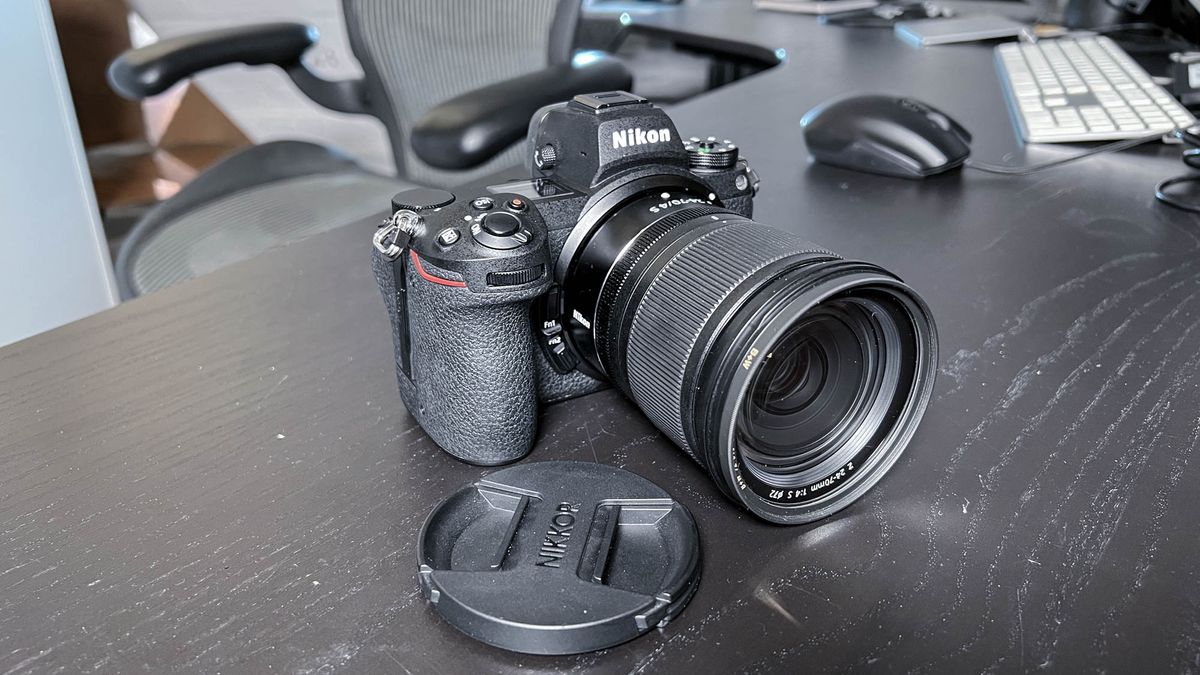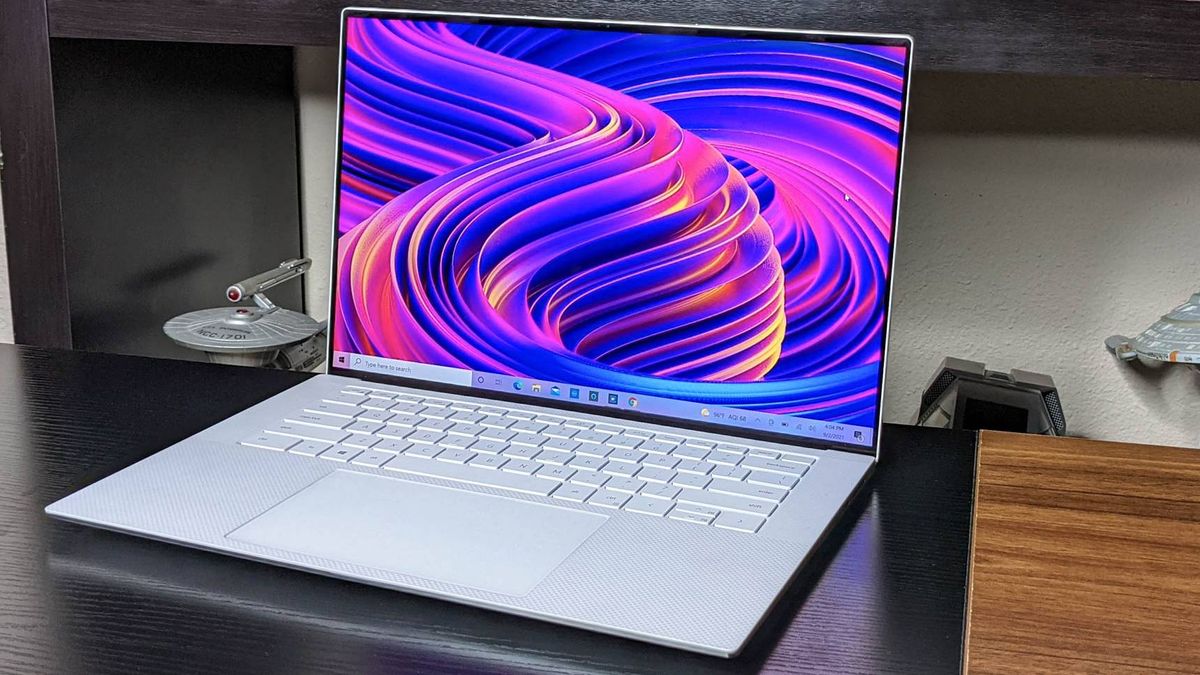The best camera for your needs is a personal choice and one that requires serious thought in regards to needs versus wants. What’s your budget? What will you be shooting the most, videos or stills? How much time do you want to spend in post-editing and color grading? So our team of camera enthusiasts (nerds) put our heads together to supply you with the best cameras you can purchase right now to fill your needs and fit your budget.
Our list will grow and change over time as we review more cameras from different manufacturers. Our team collectively has over 50 years of video, film, and photo production experience and knows our way around cameras, and all the gear that goes into creating professional content.
Read on for our current list of the best cameras you can buy in 2022 to fit your needs for years to come, whether you are a prosumer, content creator, or just want to take photos and videos of family and friends. Whatever your photo or video needs, we have the best camera for you.
We have some exciting news, we recently got in four amazing cameras to review and they’ve all been very impressive. Currently in hand are the Canon EOS R7, Panasonic Lumix GH6, Panasonic BS1H and a Sony A7RVI. I can’t yet reveal which one may upend our best-of list, but the answer may surprise you. Stay tuned; updates are coming!
Best Overall Camera
The Nikon Z6 II is a very competent all-rounder for photos and video. For someone looking for a tool to cover a multitude of needs, it bats above average on almost all grounds. It is ready for anything you can throw at it, and is most at home in run-and-gun situations. Being adaptable to a variety of scenarios means it is frequently my first choice for almost any project.
If you are a professional photographer or videographer looking for a high-quality mirrorless camera that is as much at home functioning as your daily photo camera as it is in an exotic location, fighting dust and water, to film fast-action video you won’t be disappointed in the Nikon Z6 II.
See our full Nikon Z6II review
Best entry-level camera
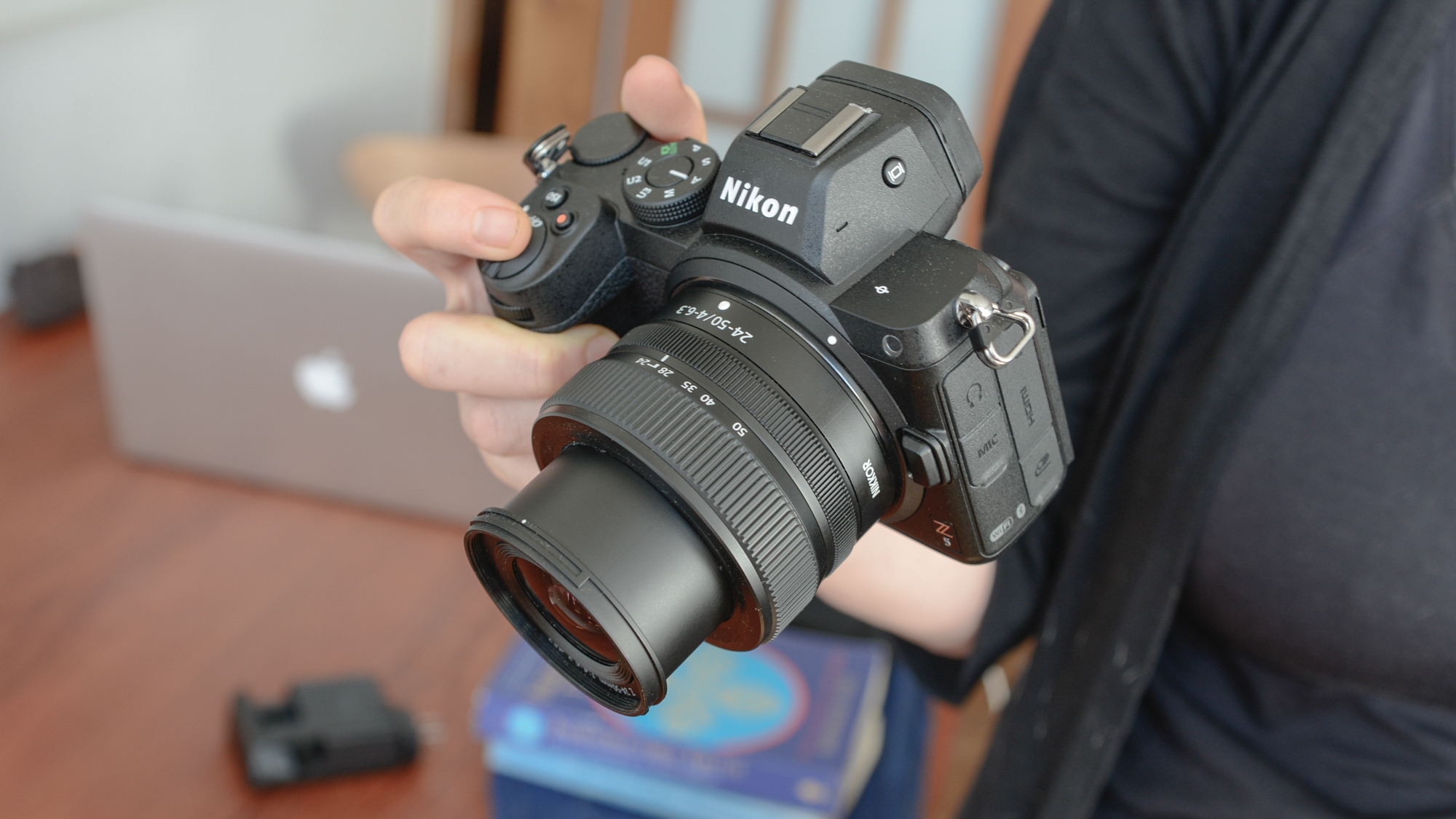
The Nikon Z5 is a stellar digital stills camera with enough video capabilities for entry-level videographers. For folks just entering into the professional photo realm, the Z5 makes for an ideal mirrorless starter setup that is more than capable for portrait and documentary photography and videography. I wouldn’t want to turn to it for fast-moving situations, like sports, but for candid street-style photography, the Z5 might be a better choice than the pricier Z6 or Z7.
If you are a professional looking for a high-quality mirrorless camera that you can use daily — this is a very compelling choice. The Z5 will step up your photography to a professional-grade system without spending a fortune, and you can still turn to it as a reliable backup camera in the future when you upgrade to your dream DSLR.
See our full Nikon Z5 review
Best Vlogging Camera
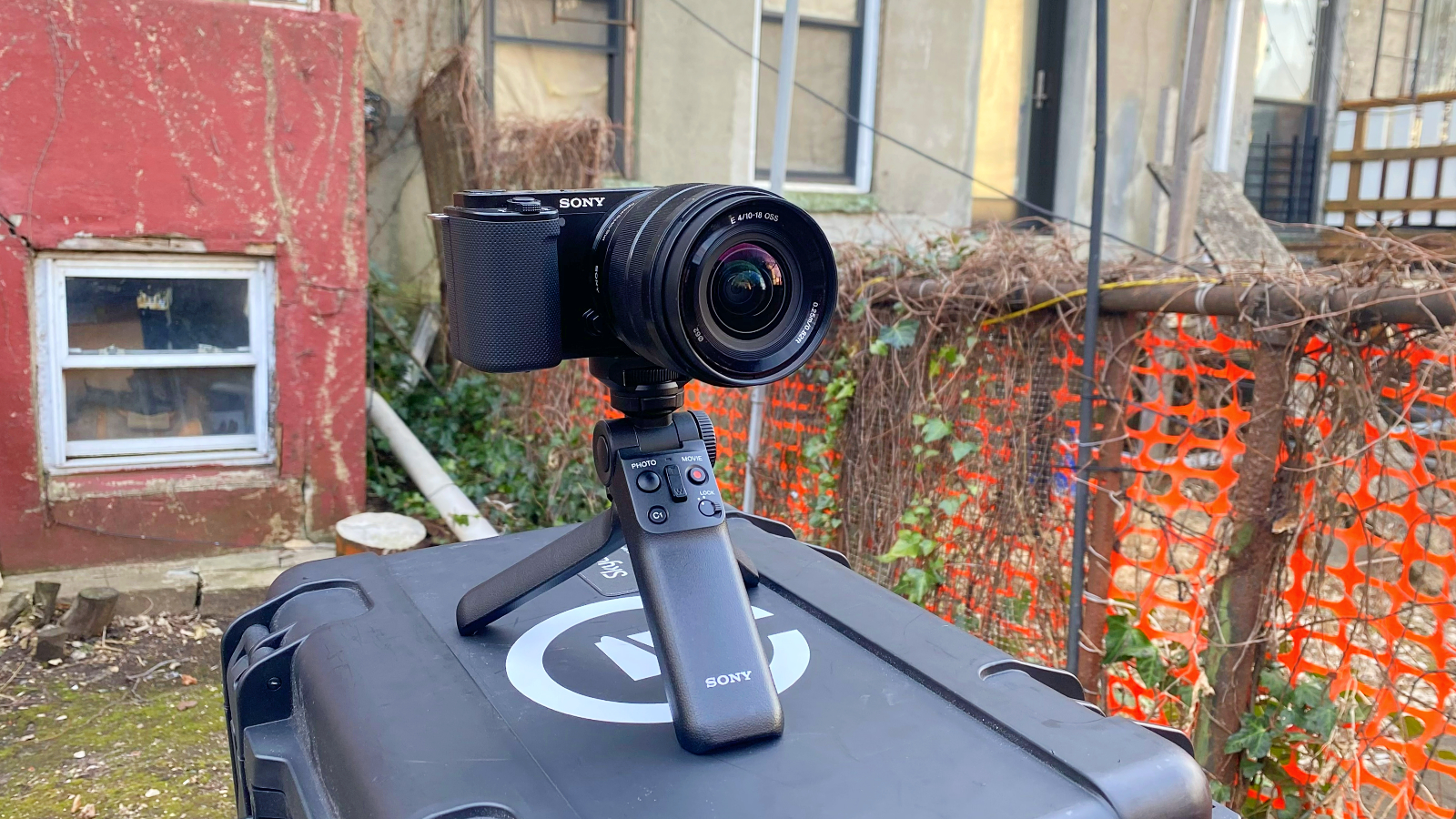
The Sony ZV-E10 might be the perfect all-around camera for vloggers. This compact Sony Alpha packs an impressive array of features into a sturdy camera body. The Sony ZV-E10 combines a large APS-C sensor and mirrorless versatility with an excellent feature set built just for content creators. It blows your smartphone camera away, as it’s a true Sony Alpha camera that brings improved image quality, lens choices, and increased control to flex your creative muscles when shooting.
The ZV-E10 is built around a 24.2MP APS-C Exmor CMOS sensor, which enables UHD 4K video recording at up to 30p, Full HD recording at up to 120fps, and stills shooting at up to 11 fps. ISO Sensitivity ranges from 100-32000 for working in a variety of lighting conditions and the sensor’s design integrates a 425-point Fast Hybrid AF system for accurate tracking and detection of subjects.
The body design is similar to Sony’s other Alpha E-mount cameras and features an intuitive control layout, a super functional and user-friendly 3.0-inch vari-angle touchscreen LCD for settings control and framing. Audio is a major concern for vloggers and content creators, and Sony has you covered with the ZV-E10 as it focuses on recording quality audio by integrating a 3-capsule directional mic into the camera design and incorporating 3.5mm mic and headphone ports. There is also a Multi-Interface shoe on top for a digital audio interface with improved audio quality and performance. We use a wireless Movo transmitter and Rode Lav mic connected to the 3.5mm audio port and the results are fantastic so far.
Full review coming soon.
Best handheld cinema camera
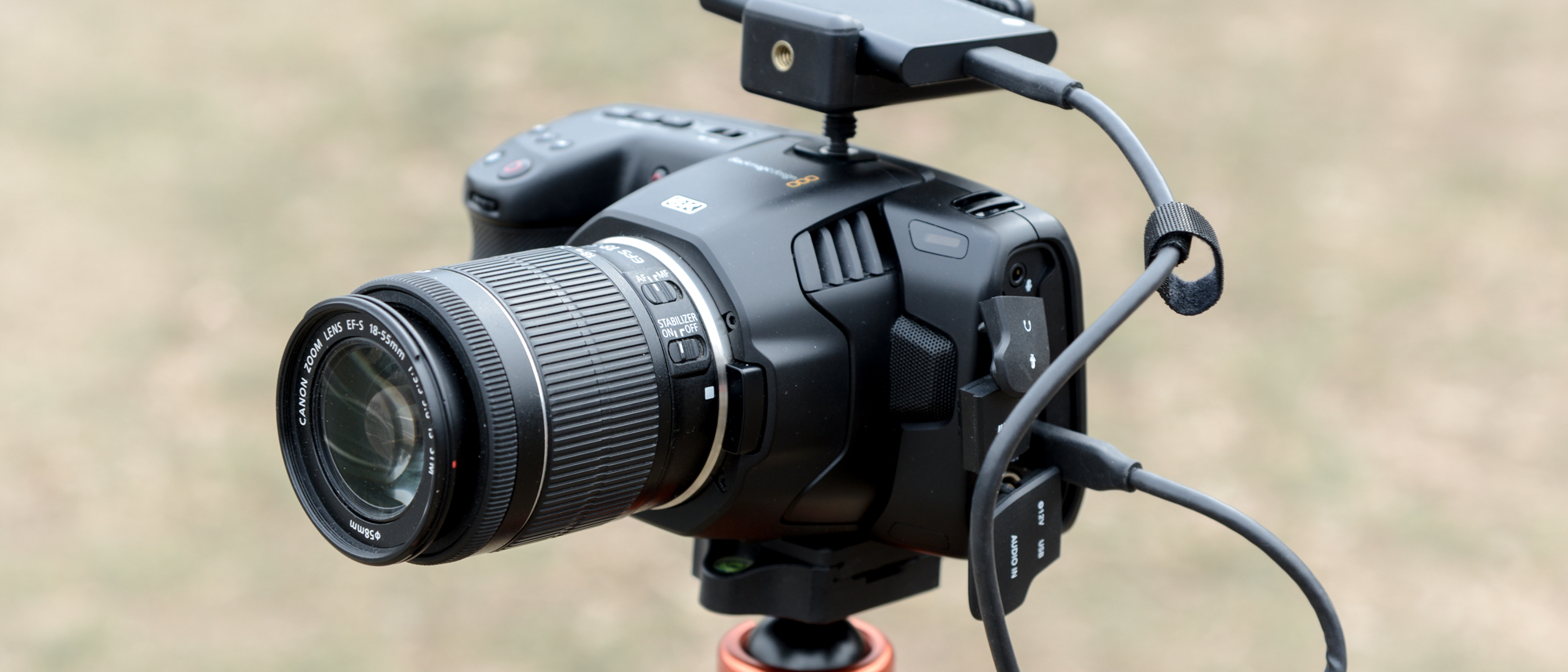
The idea behind the Blackmagic Pocket Cinema Line of cameras is to give as many people as possible the ability to shoot cinema-quality footage at a reasonable price. Not everyone will end up becoming the next George Lucas or Spielberg; however, with a Blackmagic Pocket Cinema 6K, you are one giant step closer.
The BMPC6K is a great camera with a lot of powerful components including a Super 35 sensor, 13 stops of dynamic range, strong low light performance, 6K resolution and plenty of ports. It’s capable of producing higher resolution and outshooting more expensive cameras and doesn’t weigh you down or tire you out. When you add the Davinci Resolve software suite, you’re ready to start producing professional-level footage that anyone could be proud of — and all for just $1,995.
My final thought on the Blackmagic Pocket Cinema 6K is that it’s not for everyone. However, for the price and specs, it’s a must-have in my camera kit and a great option for anyone looking to shoot high-quality video, the likes of which you’d only get from larger professional rigs.
See our full BMPCC 6K review
Best Budget Cinema Camera
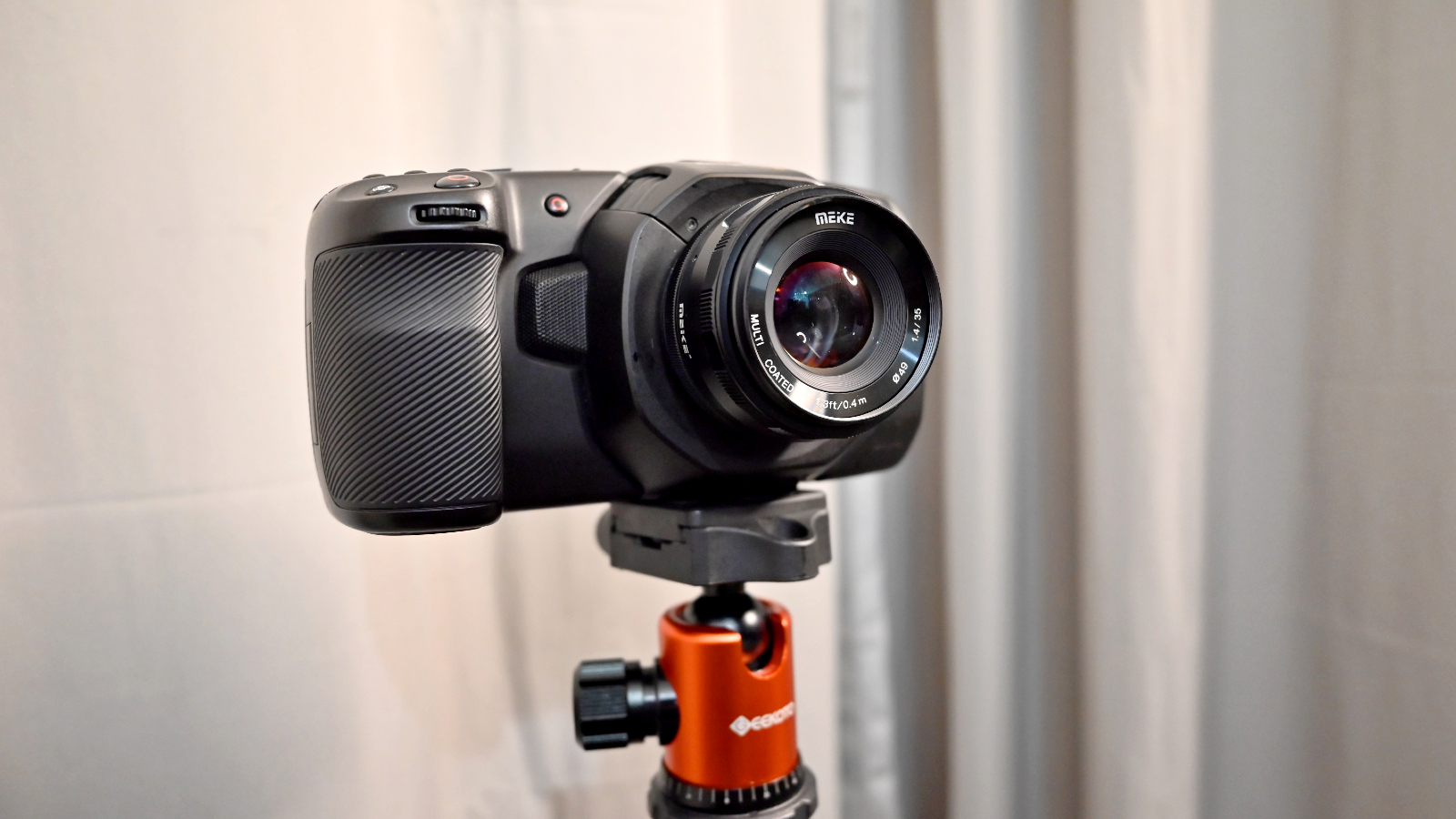
The Blackmagic Pocket Cinema Camera 4K was a game-changer when it arrived on the scene. The Pocket Cinema Camera 4K spun the industry around as it brought 4K cinema-level filming capability into the hands of anyone with a script idea and a dream for an affordable $1,295 giving access to high-end features to young aspiring filmmakers and content creators.
The Blackmagic Pocket Cinema Line of cameras gives videographers the ability to shoot cinema-quality footage at a reasonable price. It has a lot to offer, like 4K resolution, native Dual ISO, 13 stops of dynamic range, strong low light performance, and plenty of ports. It’s capable of producing cinema-quality and can even out-shoot some more expensive cameras. You get all that in a lightweight form factor you won’t get tired of carrying around. With the DaVinci Resolve software suit and the $1,295 price tag, the Blackmagic Pocket Cinema 4K gets you a lot of bang for your buck.
See our full review BMPCC 4K
Best Smartphone Camera
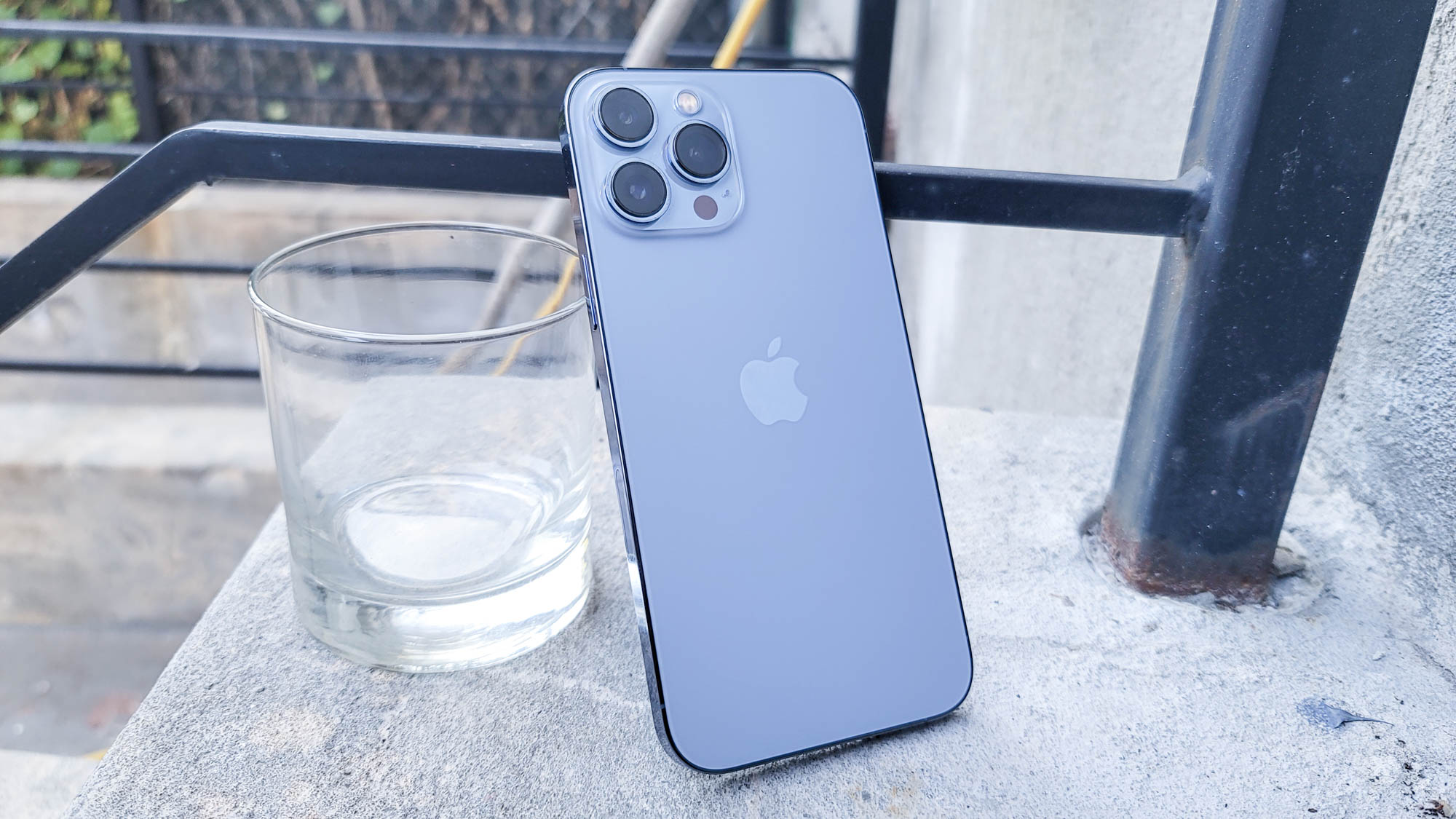
As our Editor in Chief, Sherri L Smith put it: the main reason you should consider getting the iPhone 13 Pro Max –– the cameras. The 13 Pro Max brings a host of improvements to an already stellar experience. Dubbed the Pro Camera system, it consists of retooled Wide, UltraWide and Telephoto sensors. You get the 12MP wide-angle primary sensor that now offers an incredible f/1.5 aperture and bigger 1.9um pixels which improve low-light performance. The 12MP ultra-wide also leveled up with an f/1.8 aperture, while the 12MP telephoto extends to a 3x optical zoom from 2.5x, but at the cost of the aperture which falls to f/2.8 from f/2.0.
But the whole picture isn’t complete without the A15 Bionic CPU. The wonder chip brings a new ISP (image signalling processor) along with its ample machine learning and AI improvements that are tasked with enhancing both computational photography and videography. All of that opens up the way to several new photo modes that have competing phone makers scrambling. First up, is the much-lauded Cinematic Mode. As the name suggests, this is all about making near-movie-quality video by allowing you to capture shifting depth of field. It’s a cool trick that will go over well with aspiring filmmakers and TikTokers alike. For mobile photographers, Photographic Styles is a highlight addition with the ability to create filters that automatically capture your preferred look.
See our full iPhone 13 Pro Max review
How to find the right camera for you
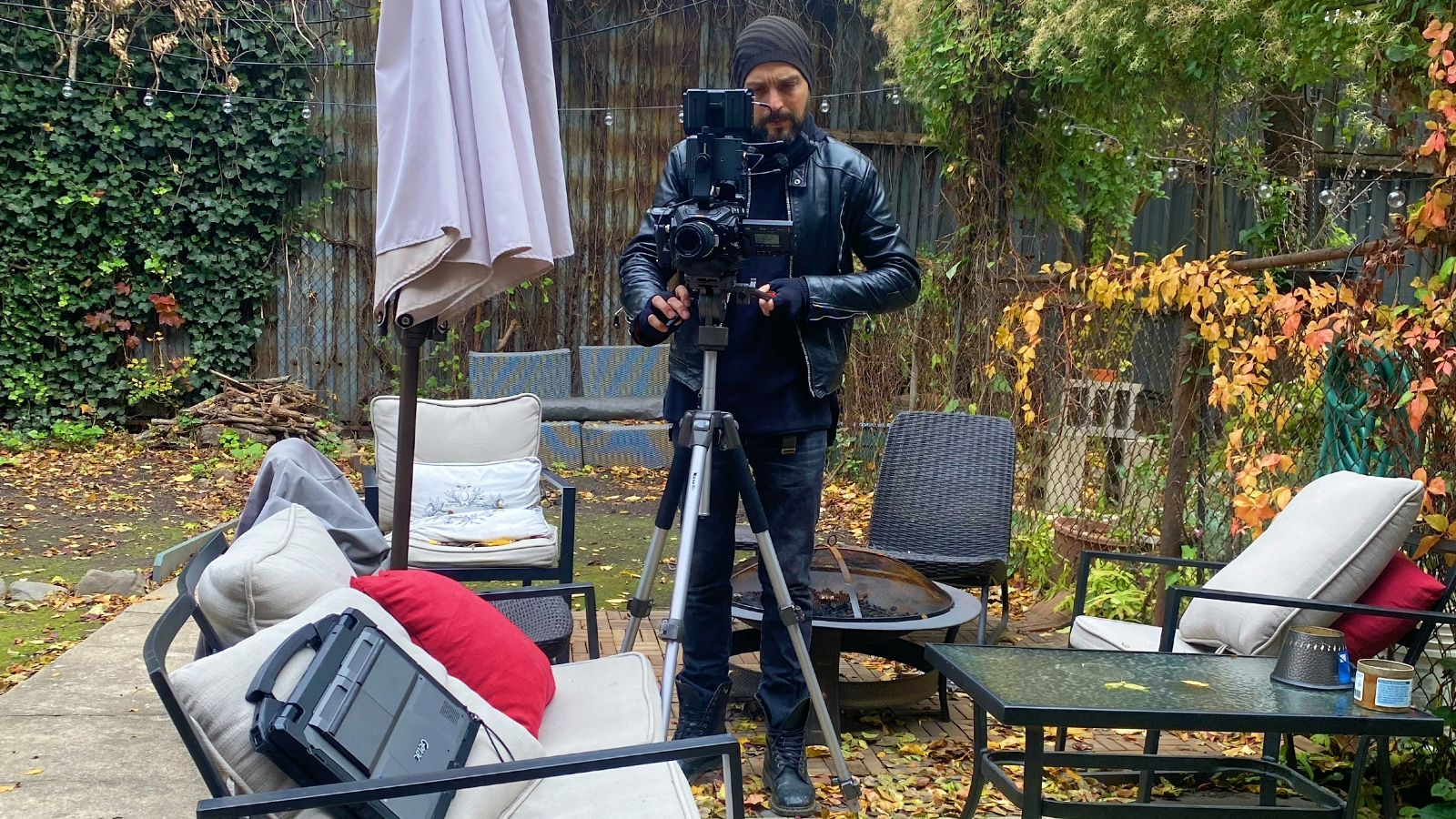
What is your main photo and video focus? Are you shooting photos of flowers and landscapes or will you be shooting family vacation photos or your child’s sporting events? Are you engaging in street photography, food, night, or astrophotography? Are you starting an events and wedding photography business?
Is video more of your thing? Do you plan on vlogging? Are you shooting videos of sporting events? Building a reel? Is this camera for your kid who dreams of one day being a director? You could just be interested in photography for personal enjoyment, all of these things are what you must ask yourself before you make your purchase.
What is your budget? Unless your last name is Bezos or Musk, you probably don’t have an endless stream of money at your discretion, so budget will play a part in choosing the best camera for your needs. Beware, more features mean a larger financial hit. You may find that one camera is really good at what you want to do, but it may lack another feature you think you need and really don’t. This is where doing your research and knowing what you truly want to achieve goes a long way in saving you money. Especially if you’re just starting out. You may want to choose a slightly older camera that’s more affordable so you can start learning. Think of it as a bicycle with training wheels. Once you’ve mastered your balance, you can take those things off and pop some wheelies and scare your mom.
Know your level: Are you a beginner, intermediate, or pro-level photographer? What would be overkill for you and what features do you really need? Are you really ready to shoot manual vs automatic? Do you know how to edit your photos, what software do you use? Do you understand what files sizes you wish to work with? Do you need to shoot RAW or will JPEG work for you? Do you need a camera that is upgradeable, with interchangeable lenses and is it in your budget to purchase more lenses? Doing an honest assessment of your skill level will save you money and heartache.
Also, it is great to reach out to friends, family members and pro photographers and videographers that post a lot of content on YouTube or Reddit. Ask them what brands of cameras they use, why, and what would they suggest to you. You should take serious consideration into what camera ecosystem you begin your journey on. When I started out, I chose a Canon T6i with an EF mount mostly because it was a feature-rich camera that shot full HD video. But more importantly, I could find a lot of affordable compatible aftermarket lenses which saved me money while allowing me to learn how to shoot a lot of different things.
Lastly, how big are your hands? I know this sounds ridiculous but, you want something that provides you with a comfortable grip that won’t tire your hands out. Nobody wants to drop their investment and your camera will be your gadget baby. Seriously, you should go to your local camera shop and get hands-on with several different cameras from multiple manufacturers and see which feels best in your hands, what weight are you most comfortable with and also which camera is easiest for you to control and manipulate its features with just one hand.
I have massive, Kong-like hands which some think are great because I can use any camera. However, more often than not, a camera that’s too small makes for a laborious day of shooting.

